Understanding Alcohol Sensors for Cars
Alcohol sensors for cars are critical devices designed to enhance road safety by detecting the presence of alcohol in a driver's breath. These sensors serve as a proactive measure in mitigating the risks associated with drunk driving. By analyzing breath samples, these devices provide a non-invasive method to assess a driver's sobriety, offering a quick and efficient alternative to blood alcohol tests, which are impractical in routine traffic stops.
Types and Applications of Alcohol Sensors
There are various types of alcohol sensors tailored for vehicular use, each with its unique mechanism of action. Some integrate with an alcohol detector in car project, serving as an interlock to prevent the vehicle from starting if alcohol is detected. Others are utilized by enforcement agencies to conduct field sobriety tests. These sensors are not only pivotal for law enforcement but are also employed in commercial settings where maintaining a zero-alcohol environment is essential for safety and compliance.
Features of In-Car Alcohol Detection Systems
The efficacy of an alcohol sensor for car lies in its sensitivity and accuracy. These sensors are engineered to detect low levels of alcohol in the breath, ensuring immediate and precise readings. While portable breathalyzers are common, wall-mounted units offer the advantage of being a fixed control point, ensuring that individuals must pass this checkpoint, thus enhancing the reliability of the sobriety checks.
Materials and Design Considerations
Alcohol sensors are typically constructed from high-grade materials that ensure durability and consistent performance. The design of these sensors often incorporates advanced semiconductor technology or electrochemical cells that react specifically to alcohol vapors, ensuring that the readings are not only rapid but also specific to the substance of concern.
Advantages of Utilizing Alcohol Sensors in Vehicles
The integration of an alcohol sensor for car systems presents numerous advantages. It acts as a deterrent to drunk driving and serves as a critical tool in enforcing sobriety laws. For businesses, it ensures compliance with health and safety regulations, particularly in industries where the operation of heavy machinery is involved. The presence of a wall-mounted alcohol sensor for car units in workplaces or in fleet vehicles reinforces a culture of safety and responsibility.
Customization and Adaptability
Understanding that different settings require different solutions, the option for customization is available. Whether it's for a private alcohol detector in car project or for a network of commercial vehicles, these sensors can be tailored to meet specific needs. The adaptability of these devices makes them an invaluable asset in various scenarios, from individual cars to large-scale industrial applications.
Incorporating an alcohol sensor for car into vehicle systems or workplace protocols is a step towards safer driving practices and workplace safety. While exploring the range of options available on Alibaba.com, buyers can find the right device to meet their specific requirements, ensuring a safer environment for all.
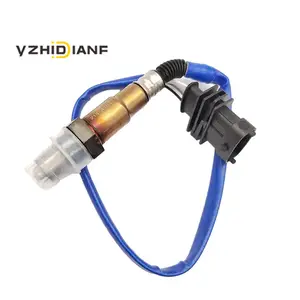




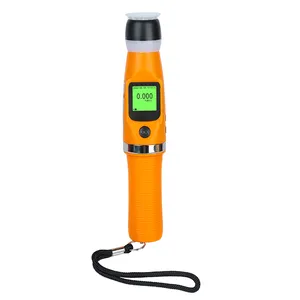





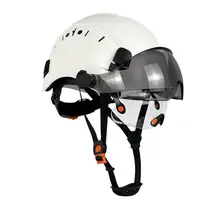

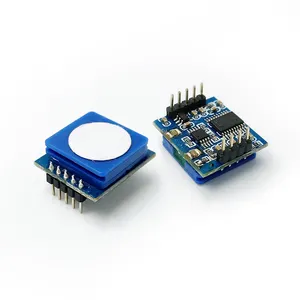
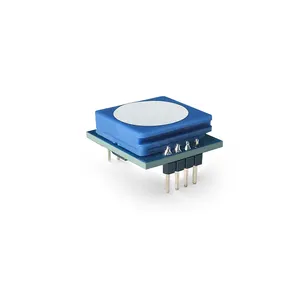















 浙公网安备 33010002000092号
浙公网安备 33010002000092号 浙B2-20120091-4
浙B2-20120091-4